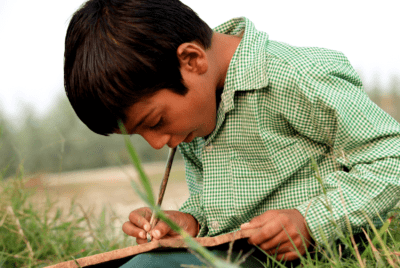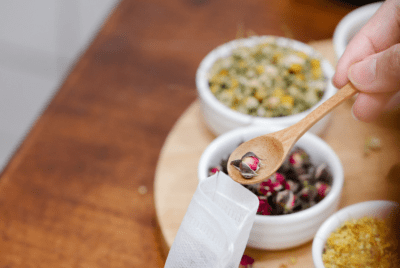RESEARCH
The Healing Power of Horticultural Therapy in Addiction Recovery
Summary
This article explores the potential of horticultural therapy as a way to help people recovering from addiction. It suggests that being in nature has a natural ability to help people heal and feel better mentally. The article explains that horticultural therapy, which involves working with plants, can offer special benefits in addition to the general positive effects of nature. These include providing a relaxing and engaging activity that promotes focus and a sense of purpose, reducing stress and helping to manage emotions, and creating a connection with the natural world that can build resilience as individuals witness the growth of plants, mirroring their own recovery. The sensory experience of gardening, like the smells and textures, can also increase mindfulness and reduce cravings.
Beyond these individual benefits, the article highlights how hands-on gardening activities can build important life skills such as responsibility, patience, perseverance, and problem-solving. Seeing plants grow as a result of their care can also give individuals a sense of accomplishment and boost their self-esteem. Furthermore, horticultural therapy can create opportunities for building supportive communities by connecting individuals in recovery through shared gardening experiences. Overall, the article argues that incorporating horticultural therapy into addiction recovery programs can offer a valuable and transformative path towards healing and a renewed sense of well-being.







